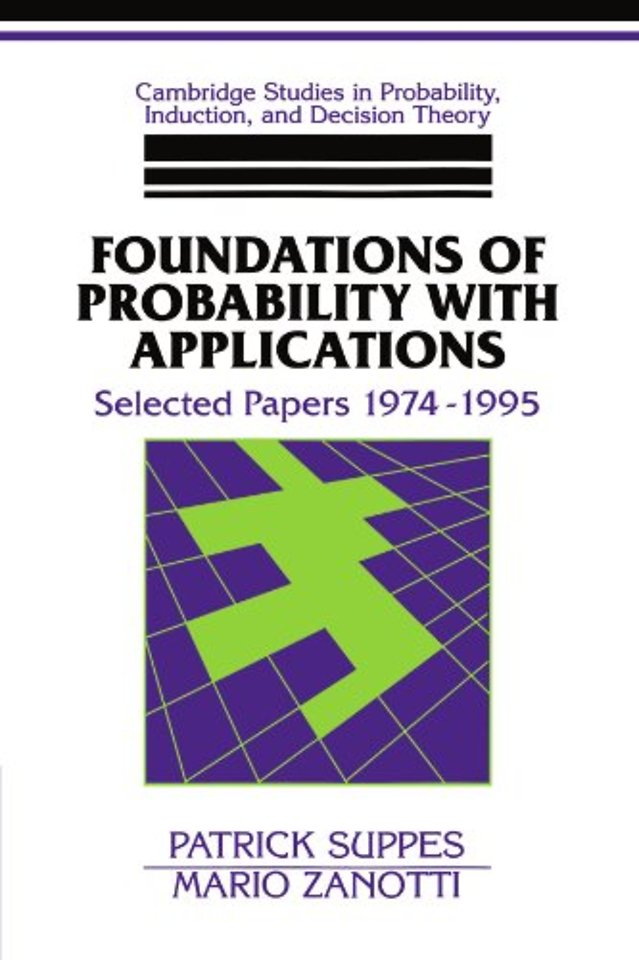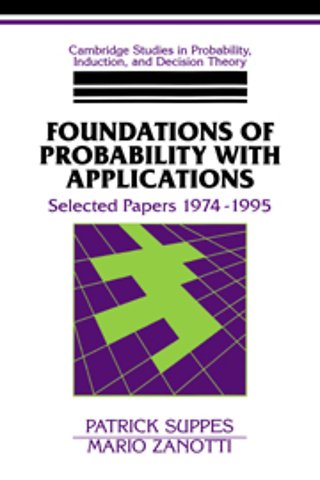Foundations of Probability with Applications
Selected Papers 1974–1995
Samenvatting
This is an important collection of essays dealing with the foundations of probability that will be of value to philosophers of science, mathematicians, statisticians, psychologists and educationalists. The collection falls into three parts. Part I comprises five essays on the axiomatic foundations of probability. Part II contains seven articles on probabilistic causality and quantum mechanics, with an emphasis on the existence of hidden variables. The third part consists of a single extended essay applying probabilistic theories of learning to practical questions of education: it incorporates extensive data analysis. Patrick Suppes is one of the world's foremost philosophers in the area of probability, and has made many contributions to both the theoretical and practical side of education. The statistician Mario Zanotti is a long-time collaborator.

